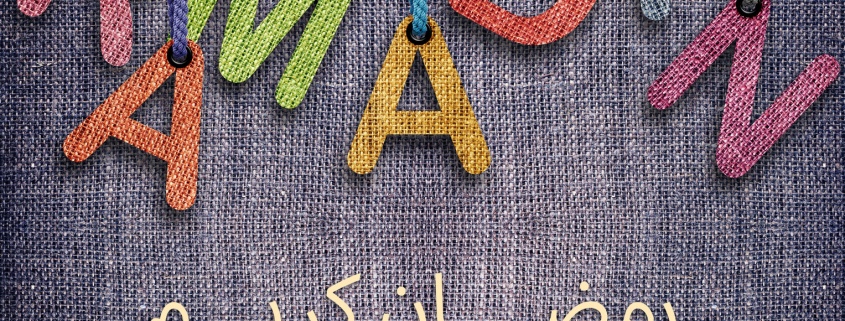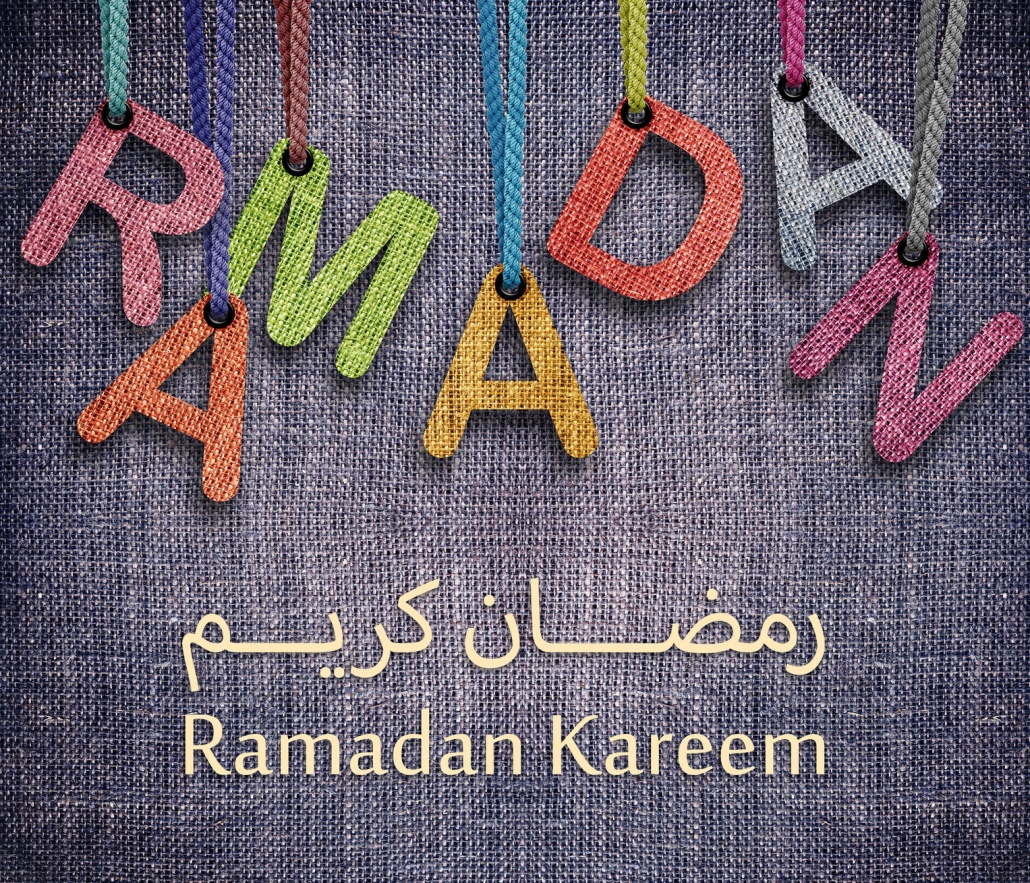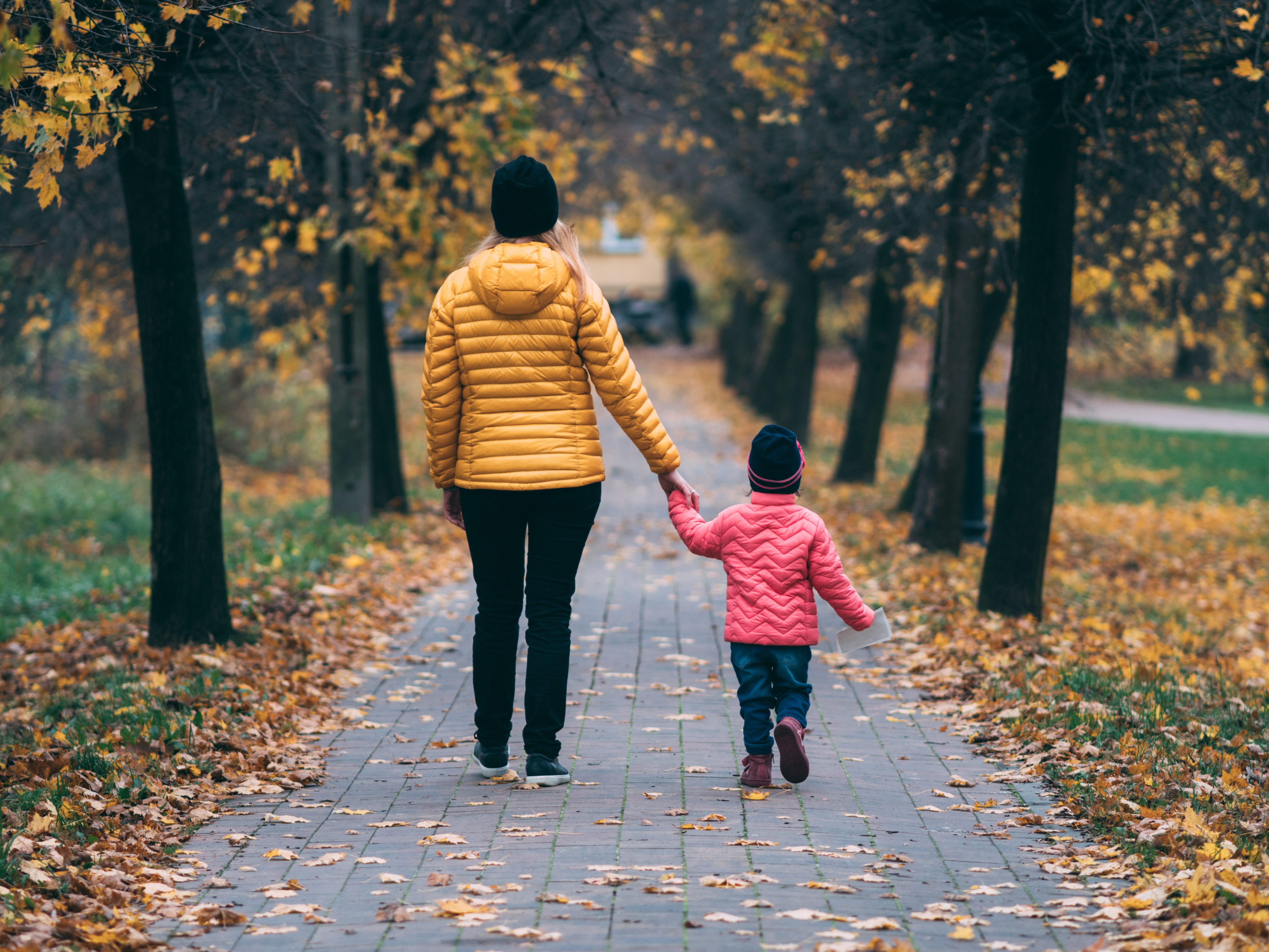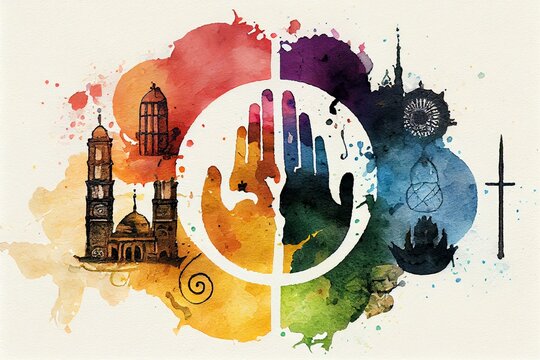Should non-Muslims fast in solidarity with Muslims?
By Carissa D. Lamkahouan
OnIslam correspondent
For Muslims around the world, the rites of Ramadan – fasting from food and drink from sun up until sun down, Taraweeh prayer, striving for spiritual growth – are shared amongst our global community of more than 1 billion believers. However, whether or not those rites and rituals should be shared with the larger non-Muslim community is an issue American Muslims disagree on.
Some regard the sanctity and sacredness of our holy month as something not to be exported to those who don’t adhere to Islam and instead urged Muslims to focus on their own spiritual growth. Others felt just the opposite and said that sharing the beauty of Ramadan, either through interfaith Iftar meals or by non-Muslims fasting alongside their Muslim neighbors is part and parcel of Islam.
Texan Farrah Bnadad said although her focus during Ramadan will be on herself and her children and “sharing the love,” she is not overly concerned with doing dawah but will reach out in small ways to those who may not know what Ramadan is or what it represents.
“I’m certainly going to post a (Facebook) status encouraging people to try out the fast and explain the health benefits and spiritual connections,” she said, adding she would be in support of a worldwide day of solidarity along the lines of World Hijab Day, encouraging non-Muslims to participate in one day of fasting to experience it for themselves.
But others, such as Melissa Louis from Oregon, said such practices cheapen Muslims’ fast and should be avoided, calling the act of non-Muslims fasting in Ramadan “odd.”
“There’s a whole deep, important and very cherished context for fasting in Ramadan,” Louis said. “This is something that Muslims do for very Muslim reasons, so if (you’re fasting and you’re not Muslim) and you are doing something for a day to ‘see what it’s like,’ then it diminishes that. It’s not something that can be recreated or replicated, and I just dislike the idea of anyone trying to.”
Morgan Leigh, who is originally from South Carolina, said asking non-Muslims to join in any way in Islamic rituals can be uncomfortable and something she does not engage in when not asked.
“As a Muslim I feel awkward when people who are Christian ask me to partake in celebrations for Easter or Christmas, so I guess I don’t want to make them feel obligated to say yes to something they aren’t really comfortable with,” she said. “I don’t go out of my way to share Ramadan with anybody, but at the same time if they ask me I’m super excited to be able to tell them about it.”
And in fact Leigh said several friends have expressed an interest in Ramadan and have questioned her as to the reasoning and meaning behind it and have even joined her in fasting, albeit of their own will.
“Some of them have even come to the mosque for Taraweeh,” she said.
A pressure-free tack is one also favored by Azeddine Ali, a Bostonian who said he’s happy to include non-Muslims in any aspect of Ramadan but only if they suggest it first.
“If someone asks me about it, then of course I’m going to tell them what it means,” he said. “But as far as inviting them to eat with me and to break my fast, no. You’re not supposed to pressure people.”
However, Leslie Khan said her family’s special circumstances give them a unique opportunity to educate others about Ramadan and even bring them in on their celebration. Her husband is an Arabic and French teacher at a boarding school in Pennsylvania. She said his profession naturally lends itself to a discussion of Islam with non-Muslims.
“We recently shared (Arabic pastries) with our neighbors,” Khan said. “We put them in little white boxes with Arabic calligraphy scribed onto the side which said “Ramadan blessings.”
Using Ramadan as time to show Islam and Muslims into a good light for those who know nothing of the religion and its followers is important, Khan said.
“Islamophobia is so prevalent today so we have to set a positive example with non-Muslims to counteract future discrimination and to promote tolerance organically,” she continued. “Education and exposure to our religion and cultures opens eyes to the (falsity) of Fox News (and others like it) in the world. It makes people question stereotypes and gives them a strong foundation on which to stand against bigotry.”
17-25


















2015
1,616 views
views
1
comments